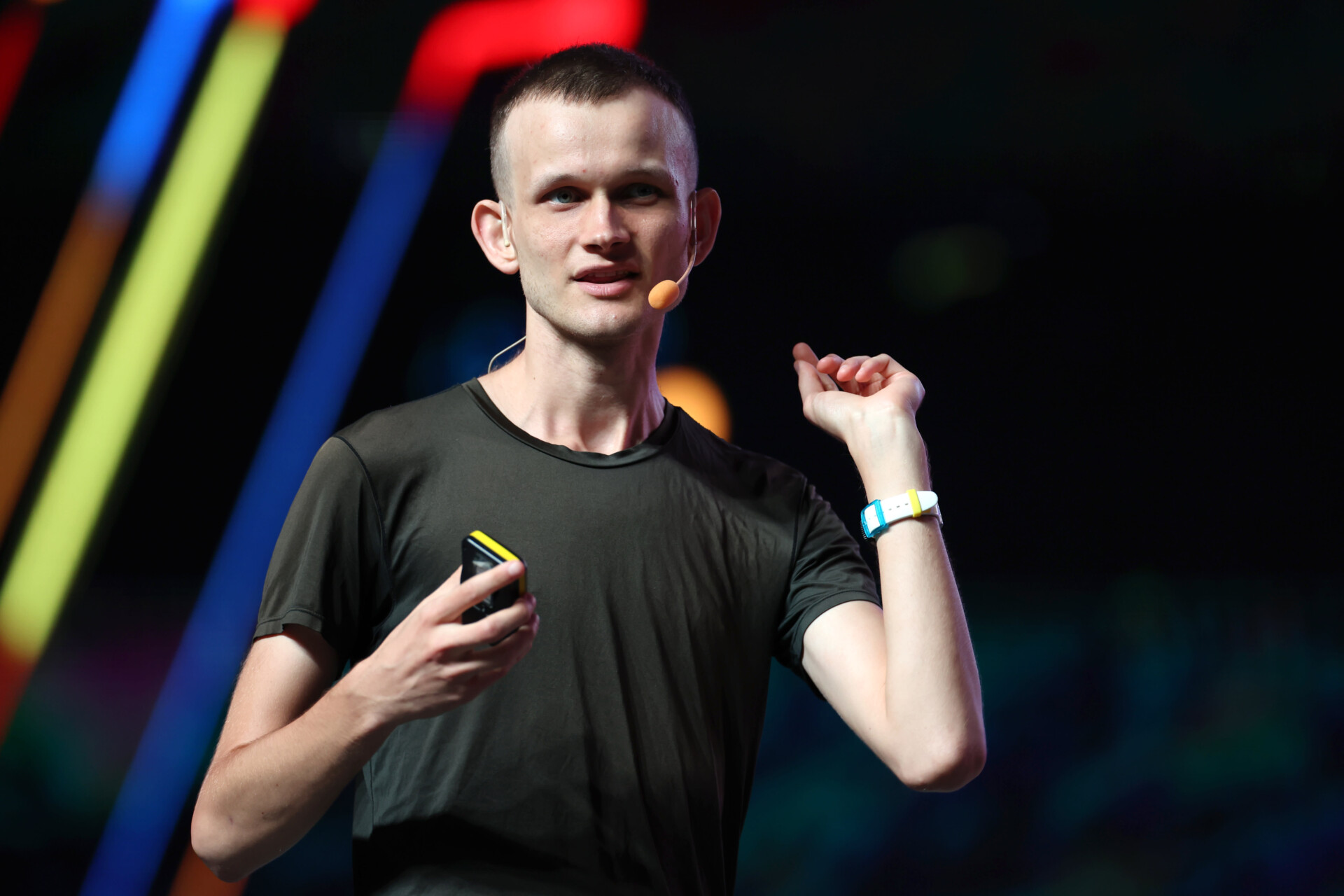Ethereum co-founder Vitalik Buterin has a lot to say about how people are investing in the blockchain industry. According to him, there’s an imbalance in the way funds are being distributed.
He thinks that too much money is going into certain areas of blockchain infrastructure, while other important parts are being neglected.
This imbalance, Vitalik believes, is because people want to invest in the flashy, exciting parts of blockchain – what he calls the “casino” – but still want to feel good about themselves. So, they end up putting money into the parts that get indirect benefits from the casino.

During his keynote speech at the Ethereum Community Conference (EthCC) in Brussels, Vitalik told a packed room of over a thousand people that he needs to strengthen Ethereum’s network as a base layer.
He pointed out the strengths of Ethereum, saying it is a “large and reasonably decentralized staking ecosystem,” and praised the community for being highly international and intellectual.
However, he also pointed out some weaknesses that need fixing. For instance, solo staking is difficult due to the requirement of 32 ETH to become a validator. He also noticed that running a node is technically complicated, but these issues are “very addressable.”
Vitalik shared his vision for technical improvements to fix Ethereum’s weaknesses, emphasizing the need for “protocol simplification.”
:format(jpg)/cloudfront-us-east-1.images.arcpublishing.com/coindesk/OHPGFLWINNCD7IPHNAYUR2HSDQ.jpeg)
He believes a strong ecosystem should be simple and should not have “73 random hooks and some kind of backwards compatibility because of some random dumb thing that this random guy called Vitalik came up with in 2014.”
He also addressed the community’s concerns about a potential 51% attack on the blockchain. Vitalik explained that if such an attack happened, the community’s strategy would involve rallying together, forcing a minority soft fork, and penalizing the attacker.
But he acknowledged that this plan depends on many assumptions about coordination, ideology, and other factors. He wondered whether such a strategy would be as effective in ten years.
One concrete proposal from Vitalik is to increase the quorum threshold to 80%, as this might help prevent chain attacks from finalizing. He believes this change could make it harder for attackers to succeed and make the network more secure.
“I think there’s value in really doubling down on these strengths, and at the same time, recognizing and fixing our inadequacies and making sure that we actually live up to our very high standards,” he said to the audience.





